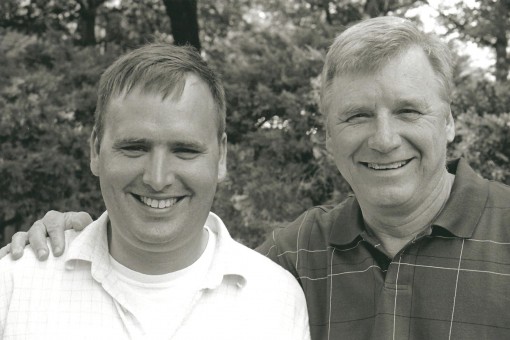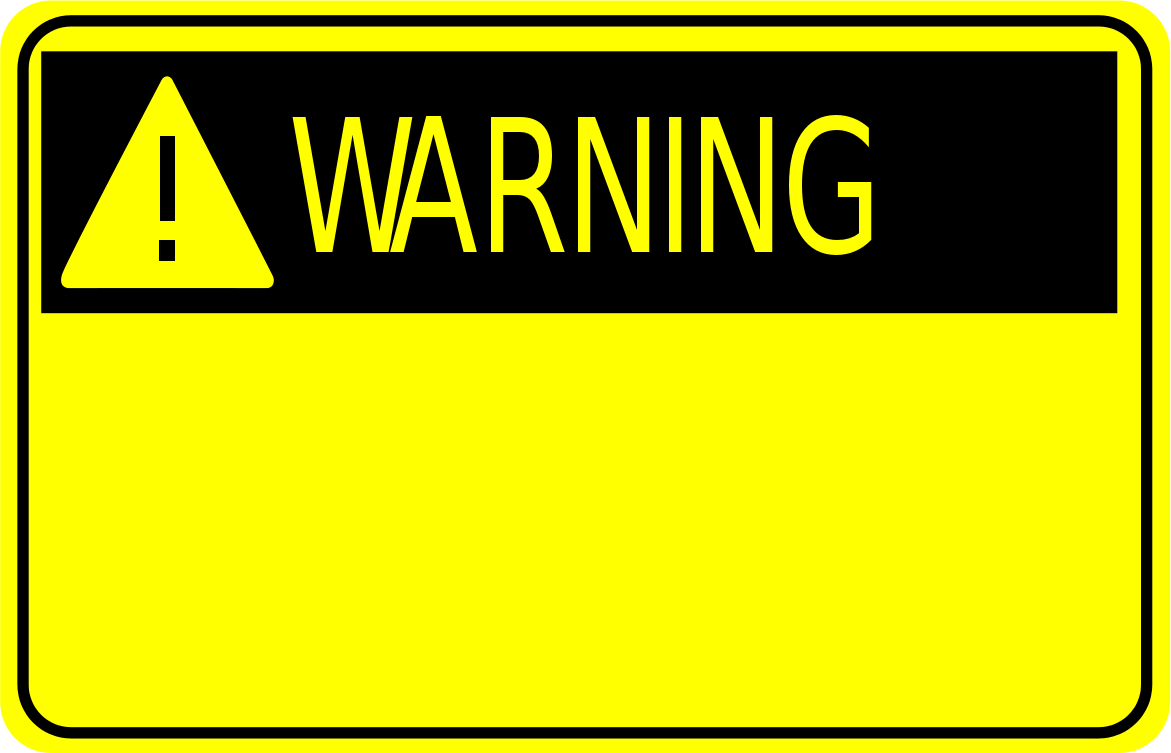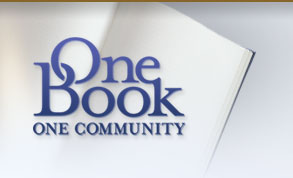I get dozens of emails each week from readers who have read CRAZY: A Father’s Search Through America’s Mental Health Madness. Most are from writers who are frustrated and desperate for help. Here are several examples.
Cries for help from readers
Friends and Inspiration at NAMI Convention
Rather than giving a traditional talk at the opening session of the National Alliance on Mental Illnesses’ national convention in Chicago last week, NAMI Executive Director Mike Fitzpatrick asked me to join him in a “conversation” about the state of mental health. 
I was worried because it was supposed to be for thirty-minutes. What could we possibly discuss during a half hour on stage that the more than 2,300 people in the audience would want to hear? Ironically, I only got to my fifth question when we ran out of time.
We began by talking about the shootings in Tuscon and Virginia Tech. How should NAMI members and advocates react when someone with an untreated mental illness causes such havoc? I immediately brought-up the ongoing criminalization of persons with mental disorders. Much of our discussion was about money, especially NAMI’s disturbing report, State Mental Health Cuts: A National Crisis. Mike’s grim warnings about potential cuts to Medicaid and having the states take responsibility for federal funds allocated for persons with mental disorders were insightful and alarming.
Other topics included NAMI Standards of Excellence, welcoming diversity, making sure that consumers and parents had seats at the NAMI table, and the many positive changes that have come about because of NAMI. Mike rightfully bragged about Family to Family courses, In Our Own Voice, CIT training in juvenile facilities, and NAMI Walks which raise millions each year.
He ended by asking an important question: IF NOT NAMI — THEN WHO? NAMI is the largest, grassroots mental health advocacy group in the U.S. Who will fight for those of us with mental disorders or family members with them?
Brain Developmental Disorders vs Illnesses
Is it possible that bipolar disorder and schizophrenia have more in common with autism and other brain developmental disorders than they do with what we traditionally think of as illnesses?
That’s what Dr. Thomas Insel, director of the National Institute of Mental Health, suggested Wednesday night at the National Alliance on Mental Illness national convention in Chicago.
I’ve just returned to my hotel room after hearing his thought provoking talk, which I hope NAMI will reprint. Insel said that we need to stop thinking about bipolar disorder, schizophrenia, and major depression as ILLNESSES and recognize them as disorders that appear to be tied to developmental problems that happen when a child’s brain is being formed. By the time that the acute symptoms of the disorder actually appear (often in the early and mid-20s), doctors are seeing the disorder in its final stages and treating its symptoms — not the cause. Some studies suggest that by the time a person has their first manic attack or schizophrenic breakdown, the disorder itself might have been festering for a dozen or more years.
He specificially mentioned how some studies suggest that ADHD is now thought to begin forming in children as early as age five when specific parts of the brain are being developed. However, the symptoms do not appear until the teenage years.
Another Earley Advocates!

The featured speaker at the awards dinner at our local chapter of the National Alliance on Mental Illness was listed in the program under the name: EARLEY. But it was not me.
It was my son, the person whom many of you have come to know from my book: Crazy: A Father’s Search Through America’s Mental Health Madness, by the name MIKE. The NAMI meeting was the first time that he has ever spoken in public and he got a much deserved standing ovation after he’d described his journey to recovery.
I am tremendously proud of him. Like so many others, our family has been through a roller coaster of events and emotions since 2001 when my son was first diagnosed with a severe mental illness. He’s been arrested and shot with a taser. There have been court hearings, four major breakdowns, repeated hospital stays, hours of therapy, angry words — so many angry words — even feelings of hopelessness and despair.
But for the past three years, he has been doing fantastic! He has been able to manage the symptoms of his illness. He is in RECOVERY and he is one of my heroes!
There are many reasons for his recovery, but he deserves the most credit. He has worked hard to get better. Fortunately, he had the expert guidance of a tremendous case manager. My son found a medication that helped him. And he had access to other crucial services that he needed!
I am blessed. I am telling you this to give you HOPE for your loved one. People do get better! But why am I telling his story, when his own words can tell it better than me?
Here are excerpts from his speech. When you read them, you will understand why I am proud and fortunate to have such a wonderful son. I know many of you are struggling. Don’t give up. There were times when I didn’t think we would get where we are today.
What were the first signs?
“Did you see any warning signs that should have tipped you off about your son’s mental illness?”
It’s a question I get asked whenever I speak in public. 
Like other parents, I have spent hours thinking about my son’s past, wondering if there were behaviors that I missed which were red flags. If so, what were they? When did his mental illness first begin revealing itself?





